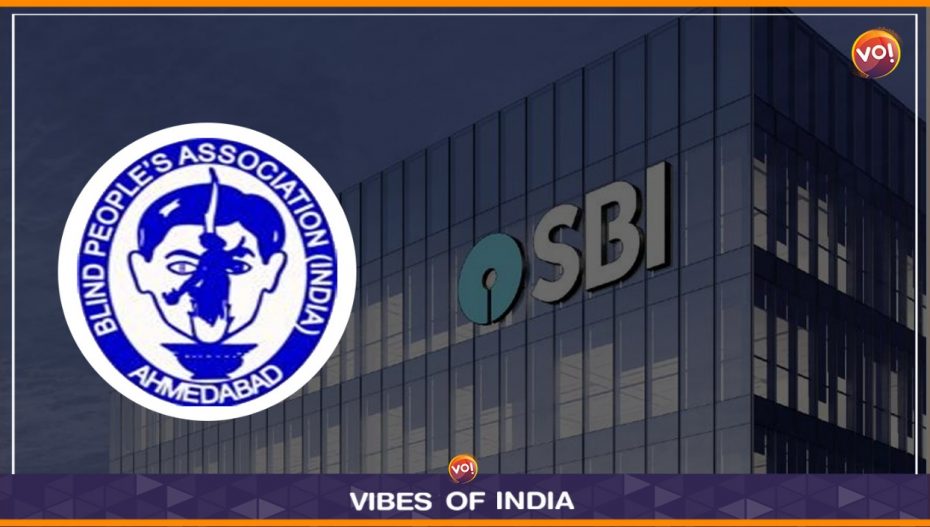Last month, State Bank of India (SBI) managing director Alok Kumar Choudhary flew into Ahmedabad to hand over the keys of a new bus to the Blind People’s Association (BPA) with much fanfare. Priced at Rs 28 lakh, the 25-seater Force Motors bus is now used to transport children to and from BPA’s schools in the city. Earlier this year, Inductotherm also donated Rs 21 lakh for a bus, which is allocated to BPA’s eye hospital in Bareja for transporting patients from villages to eye camps.
The law mandating companies to mark 2% of their annual profits for Corporate Social Responsibility (CSR) has been good for BPA in the five years since it was introduced, but General Secretary Bhushan Punani is not banking on corporate donations for funds alone Instead, he’s looking to individual donations, which have been burgeoning over the past few years, surpassing corporate donations. “CSR donations are uncertain since they depend on the company’s profits. Individual donations are a steady trend. On an average, we receive Rs 1 lakh per day from individuals,” he says.

On the BPA website, there is a ticker that acknowledges individual donations as and when they happen and a quick look shows that the spirit of giving is alive and well in Gujarat, with donations ranging from Rs 1,000 to Rs 25,000. What is the profile of these donors? “The neo-rich, who have made money from start-ups or jobs in information technology, have started donating at an early age,” says Punani. “In Gujarat, we also have a large class of people who make money on the stock market, along with their day jobs. They set aside a portion of these earnings for charity. And making a donation has become so much easier since you can transfer the funds at the press of a button on the internet, 24×7.”
During the early months of the pandemic, BPA raised money through its Facebook page, garnering Rs 45 lakh in just four months, until the government withdrew permission for this mode of money transfer. Meanwhile, it continues to have a presence on the Global Giving platform, where it has collected close to USD 3 lakh over the past six years, mostly from overseas Indians.

“We compete with 7,000 other non-government organisations (NGOs) on Global Giving,” says Punani. “They require you to submit detailed reports every quarter, which is a tough task. They also keep 15% of the funds raised for their own administrative expenses. But It’s worth it, since it gives you visibility on the Web.”
A graduate of the Indian Institute of Management Ahmedabad, batch of 1979, Punani, 68, is a networker and fund-raiser par excellence. In his 45 years with BPA, he has grown the organisation into the largest Indian NGO in the field of disability, with an annual budget of Rs 35 crore. The key to fund-raising, he says, is transparency: “We have a system of regular communication with our donors. They have a choice of specifying what their money should be used for. They can specifically earmark their funds to our hospitals or schools or vocational training centres. If they want to donate for an eye surgery, we send them the details of the patient, so they can feel a sense of connection.”
When it comes to corporate donations, BPA takes care to see the corporate brand gets due credit. The buses donated by SBI and Inductotherm, for example, prominently display the company logos. “Many companies set up their own charities because they feel NGOs do not give their brands enough mileage. We ensure donating companies get full credit. If a company chooses to sponsor an eye-camp, its banner is prominently displayed at the camp. That is only fair,” says Punani.
Also Read: How Leader Elaben Demonstrated The Spirit Of True SEWA













